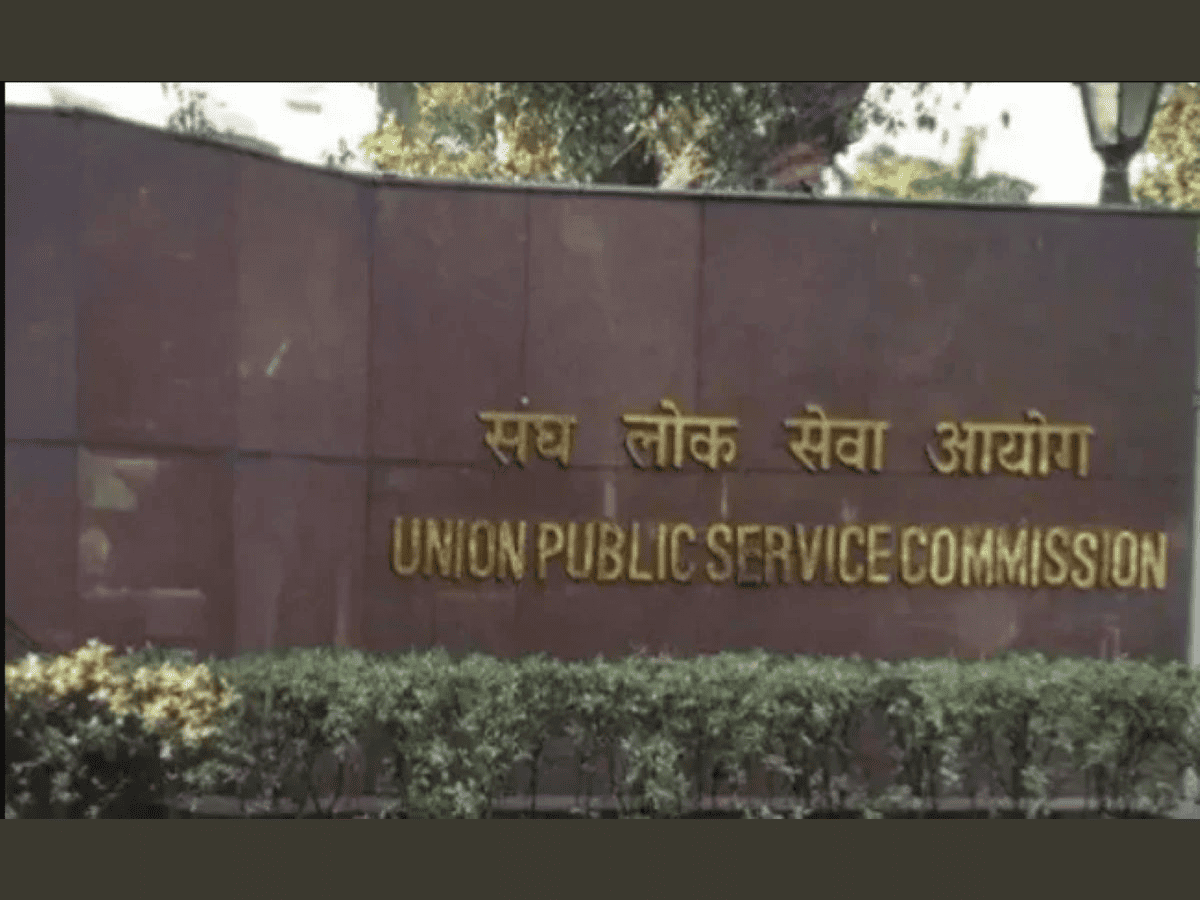
The Union Public Service Commission (UPSC) recently announced the final results of the civil services examination for the year 2022. Out of the 933 candidates who have been declared successful in UPSC CSE 2022, only 29 belong to the Muslim community.
Analysis of the result revealed that the performance of Muslim candidates in the UPSC Civil Services Exam was low. Upon scrutinizing the results in the previous years, it becomes evident that the percentage of Muslim candidates among the successful candidates has been consistently low.
Percentage of Muslims in UPSC CSE 2022 results
In 2022, Muslim candidates constituted only 3.1 percent of the total successful candidates, a decline from 3.64 percent in 2021. Even in previous years, the percentage ranged between 2 and 6 percent, which is significantly lower than the Muslim population percentage in India, estimated at 17.22 percent as per the 2011 census.
| Year | Number of Muslim candidates in the selection list | Total number of candidates in the selection list | Percentage of Muslim candidates in the selection list |
| 2016 | 52 | 1099 | 4.73 |
| 2017 | 50 | 980 | 5.10 |
| 2018 | 28 | 759 | 3.68 |
| 2019 | 44 | 829 | 5.30 |
| 2020 | 31 | 761 | 4.07 |
| 2021 | 25 | 685 | 3.64 |
| 2022 | 29 | 933 | 3.10 |
Stages in UPSC Civil Services Exam
The UPSC Civil Services Exam is conducted annually in three stages: prelims, main, and interview. The exam serves as a gateway to select officers for prestigious positions in the Indian Administrative Service (IAS), the Indian Foreign Service (IFS), the Indian Police Service (IPS), and other esteemed government roles.
The competition is fierce, with lakhs of aspirants vying for a limited number of vacancies.
The preliminary examination is the first hurdle for aspiring civil servants. Though, it is a qualifying exam, only a few thousand students manage to clear it out of the large pool of candidates who appear each year.
The underrepresentation of Muslim candidates in the UPSC CSE is a matter of concern that needs to be addressed not only by the government but also by civil society organizations.



